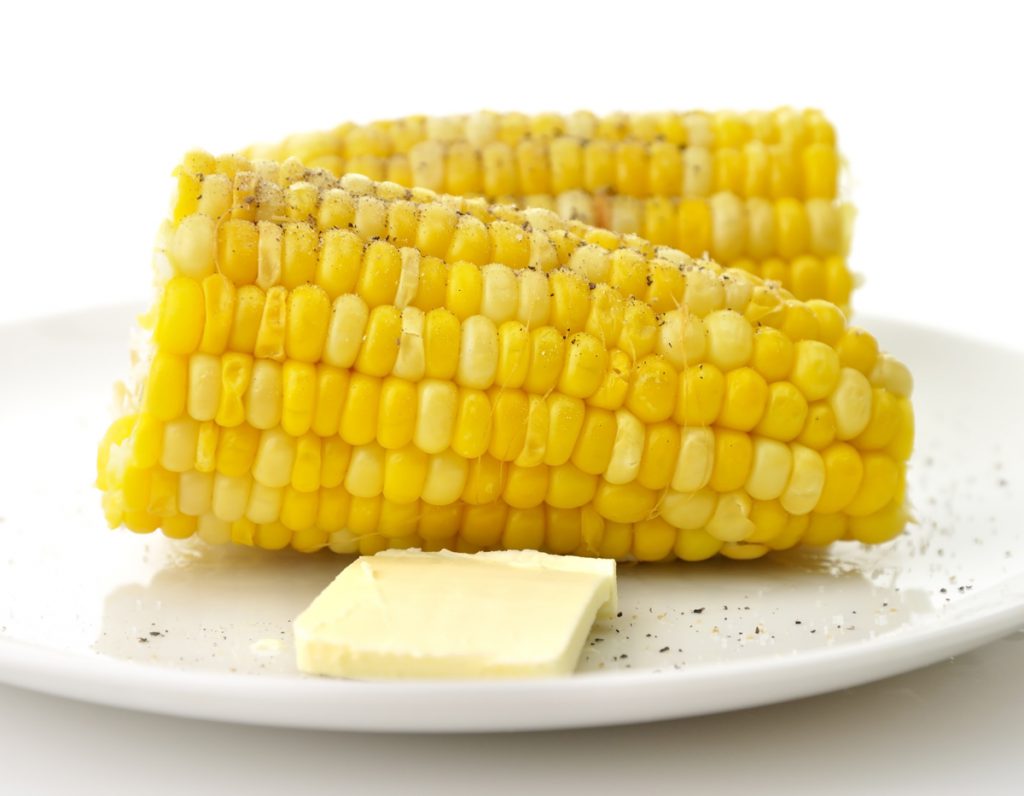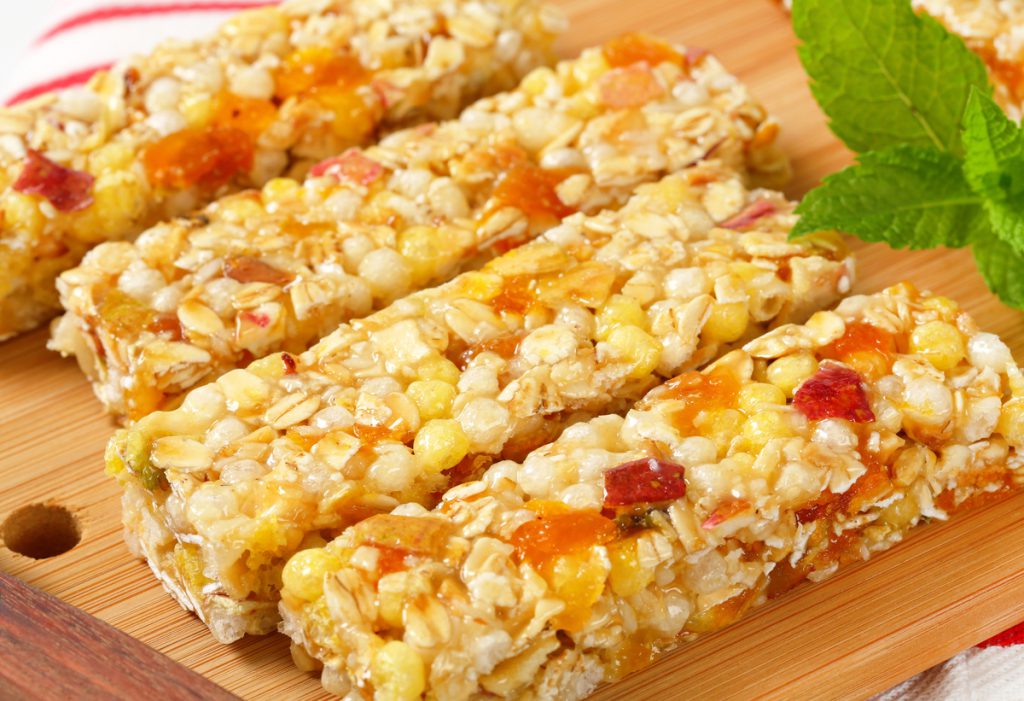
This edition contains the following articles:
- What to Look Forward to in NDSR 2021
- NCC Supporting Use of NDSR Internationally
- April NDSR Training on Zoom
What to Look Forward to in NDSR 2021
The NCC database group works year-round to maintain the NCC Food and Nutrient Database for use with the NDSR software. While many food updates and improvements may go unnoticed, this work is vital to keeping the database up-to-date and providing you the best nutrient data available. Nutrition Facts and ingredient information are gathered for each brand name product and used to review and update densities, food specific units, food grouping, and many other important pieces of information. A complete nutrient profile is created using the nutrients and ingredients. While you may notice front end changes in NDSR like the addition of new foods and variable ingredients, most of the database information updated annually will be found in your nutrient output.
For NDSR 2021, we have updated commercial entrees (Kid Cuisine, Lean Cuisine, Pillsbury, and Weight Watchers (now WW)), fast foods (Dairy Queen, Domino’s, McDonald’s, Pizza Hut, and Panda Express), and focused on the following brand name categories:
Ice Cream – Users will find close to 900 brand name ice creams in the NDSR 2021 database. New product lines for ice creams include Halo Top, Hood, Izzy’s, Lactaid, Magnum, Mayfield, Prairie Farms, Tillamook, Turkey Hill, and Umpqua. Also updated were the generic sections for gelato, frozen custard, Dippin’ Dots, sherbert, and sorbet. In the process of updating ice creams, we noticed there are now fewer low fat or nonfat varieties.
Frozen Yogurt – In gathering product information for updating frozen yogurts, we discovered that many companies have discontinued these products, very few contain non-nutritive sweeteners, and most flavors have extra ingredients added like nuts or chocolate chips. In response to these marketplace changes branded frozen yogurts have been removed. Still included in NDSR 2021 are a variety of generic frozen yogurt options, such as chocolate or coffee flavors premium (>5% fat) and vanilla or other flavors nonfat (<1% fat) and no sugar added.
Margarines – With implementation of the FDA mandate that food products no longer contain partially hydrogenated oils, margarines in the marketplace are now trans-fat free. To achieve this goal, many margarines are now comprised of different blends of oils than in the past, which has necessitated the addition of about 85 new generic margarine options in NDSR in addition to updates to the brand name margarines. New margarine product lines added to the 2021 database include: Earth Balance, Imperial, Olivio, and Pure Blends. Users will find more than 90 brand name margarines in the NDSR 2021 database.

Granola Bars and Special Formulated Bars – This sector of the market has exploded in recent years. In response we have added a number of new product lines, including EPIC (meat-based bars), Gatorade, Met-Rx, Muscle Milk, Perfect, Power Crunch, Premier Protein, Protein One, Quest, RXBAR, Think!, and Zone. Users will find close to 600 brand name bars in the NDSR 2021 database. In the process of updating this food product category we noticed that products containing non-nutritive sweeteners and/or sugar alcohols were not always named in a way that would make the consumer aware of the presence of such sweeteners. We also noticed that many companies have added or exclusively market protein bars, whereas bars labeled as low fat are no longer present in the marketplace.

Foods Consumed by Black Immigrant Groups
Many foods that are unique to specific cultural groups in the U.S. (e.g. Alaskan Native, Pima Indian, Mexican-American, Puerto Rican-American, Korean-American, etc.) are currently available in NDSR. To continue to improve the representativeness of foods in NDSR, we have begun an initiative to add more foods consumed by the following Black immigrant groups: Nigerian-American, Somali-American, Haitian-American, and Jamaican-American. Consequently, starting with NDSR 2021 a growing number of foods consumed by these immigrant groups will be found in NDSR.
NCC Supporting Use of NDSR Internationally
NCC has worked with a number of researchers over the past several years on adapting the use of NDSR to assess food and nutrient intake in countries other than the United States. For example, currently, NCC is supporting a team of researchers at the University of Abuja Teaching Hospital in Abuja, Nigeria and Northwestern University on a study to evaluate a sodium reduction intervention for hypertension prevention and control. NCC is carrying out a variety of activities to support the dietary sources of sodium component of the study in which 24-hour dietary recalls will be collected from 450 adults at baseline and five year follow-up.
NDSR includes several features that accommodate its use internationally. Most notably, foods/dishes can be added to the program using the program’s User Recipe feature. This feature allows researchers to add foods/dishes that are not available in the NDSR database.
If you have plans to assess food and nutrient intake for a study being conducted outside the U.S., we’d be happy to talk with you to discuss your needs and answer questions you may have about using NDSR for assessing food and nutrient intake internationally.

April NDSR Training on Zoom
The NDSR Training Workshop scheduled for April 26-27, 2021 will be conducted by Zoom. Register here by April 15 if you are interested in the training. If the limited seats in the training are filled, registration will close early. We anticipate that NDSR Training Workshops will be virtual trainings through at least the June 14-15, 2021 training.
